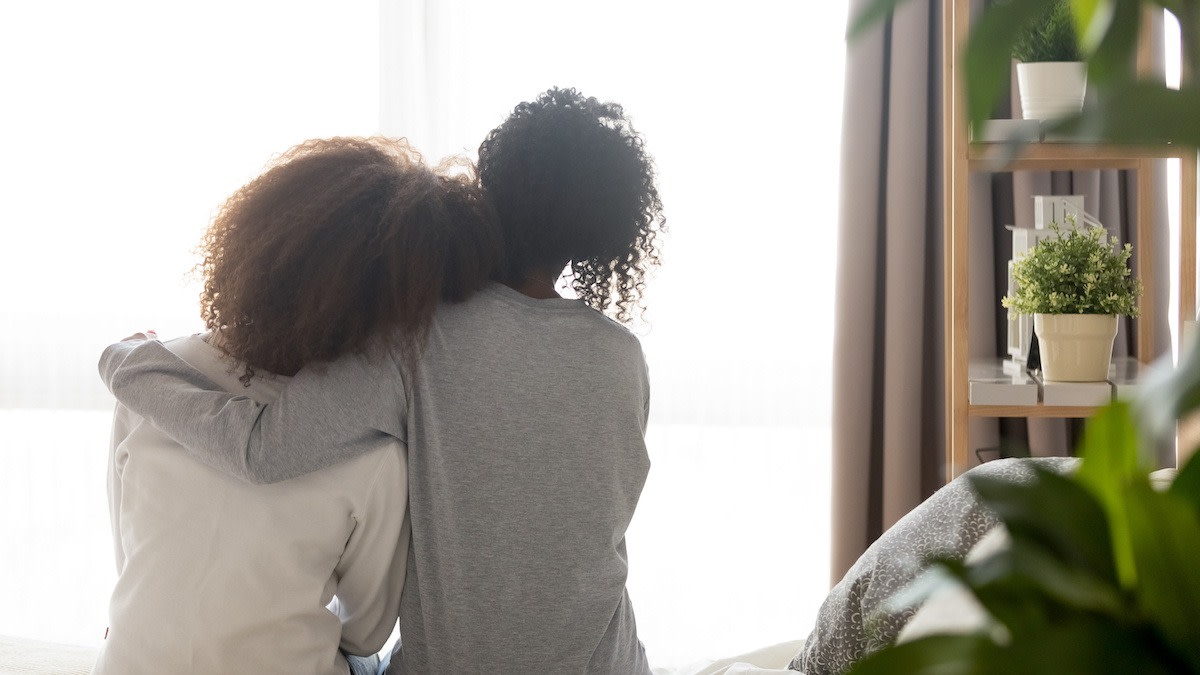Emotional Vulnerability: How Vulnerability Helps Relationships
Written by MasterClass
Last updated: Aug 17, 2022 • 2 min read
Being vulnerable means being able to process emotions and articulate feelings with others. Learn the benefits of emotional vulnerability and how to practice processing your emotions.
Learn From the Best
What Is Emotional Vulnerability?
Emotional vulnerability is the willingness and ability to address and articulate emotions. To develop emotional vulnerability, you must acknowledge and deal with your emotions with yourself and others healthily. Vulnerability requires emotional exposure and self-awareness. Emotionally vulnerable people can regulate emotions and engage with complex, negative emotions.
Why Is Emotional Vulnerability Important?
Human beings inevitably experience complex emotions and fluctuating emotional states. Even though it is human nature to experience painful emotions, many people become socialized or develop a tendency to suppress and hide uncomfortable emotions. Avoiding or denying the existence of painful emotions, such as shame, frustration, anxiety, hurt, or grief, can strain mental health.
The ability to acknowledge and, if necessary, share the emotions you experience can significantly impact your emotional and mental well-being. This practice often begins with yourself and extends to loved ones, romantic partners, coworkers, friends, or other members of your trusted community. Practicing emotional vulnerability with yourself will help you build and maintain healthy relationships.
4 Benefits of Being Emotionally Vulnerable
Acknowledging emotional experiences can be challenging, but the benefits of creating this kind of vulnerability to your feelings have numerous long-term and short-term benefits.
- 1. Build empathy: The ability to recognize feelings can help you better understand the feelings of others and build empathy. To empathize means to understand, deeply resonate with, and experience the emotions of another human being as your own.
- 2. Improve self-awareness: Self-awareness is essential in identifying patterns in how you think and feel. Being in touch with your emotions can help you look at your personal history more effectively without reservations to examine why and how you process and react to information.
- 3. Lower anxiety: Neglecting negative thoughts can adversely impact your mental health. Practicing emotional vulnerability can help you take account of thoughts as they arrive and meaningfully interpret your feelings to avoid chronic anxiety.
- 4. Relationship building: Being in touch with your emotions can improve your ability to be intimate and honest with others. Familiarizing yourself with your emotions, and sharing your feelings with others, can help build trust in relationships. The inverse is true; when you are honest with yourself, you are more likely to create a safe space for others to share thoughts and emotions.
How to Become More Emotionally Vulnerable
Consider the following ways to improve your ability to be vulnerable with yourself and others:
- Keep a journal. Journaling or recording your thoughts and emotions can help you acknowledge and recognize feelings you may typically suppress. It may be helpful to journal daily.
- Name your feelings. Confusion about feelings can lead to anxiety. It can be helpful to practice mental noting, a process of naming your feelings to understand your emotions better. In the beginning, keep the naming terms simple to ease the process. For example, you can label thoughts surrounding your job as “work.”
- Observe without judgment. The process of recognizing challenging emotions can be uncomfortable. Avoid overthinking how to fix your feelings or criticize yourself for feeling a particular way.
- Validate your emotions. People feel various emotions, and it is crucial to know it is natural to feel anger or grief, especially after complex events, losses, or painful experiences.
You’re Worth It
Figuring out what you want to do next and how to get there? Learn how to embrace your passions with a MasterClass Annual Membership and find the grit to take control of your life with exclusive access to video lessons taught by the world’s best, including Robin Arzón, Elaine Welteroth, Hillary Rodham Clinton, RuPaul, and more.
